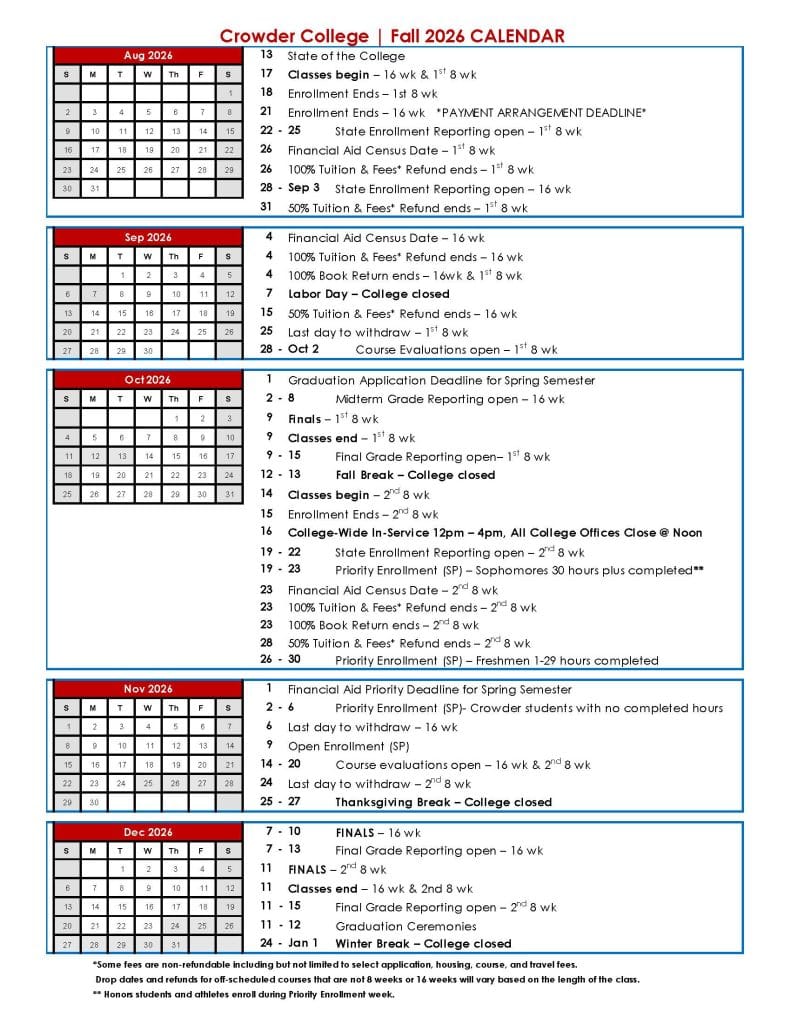Are you ready to dive into the intricacies of the upcoming 2026 Republican Party presidential primaries schedule? As political enthusiasts eagerly anticipate the next election cycle, understanding the timeline and key dates of the primaries is crucial. In this blog, we will break down everything you need to know about the 2026 Republican Party presidential primaries schedule. From the initial caucus in Iowa to the final primaries in June, we will explore the entire process, including delegate allocations, battleground states, and potential game-changers. Stay informed, stay engaged, and get ready for a detailed analysis of the pivotal moments in the race for the Republican Party’s presidential nomination.
Introduction to the 2026 Republican Party Presidential Primaries Schedule
As we delve into the 2026 Republican Party Presidential Primaries Schedule, it is crucial to understand the significant events and timelines that will shape the course of the presidential selection process. The primaries play a pivotal role in determining the nominee who will represent the Republican Party in the presidential election.
Key Dates and Locations
The 2026 Republican Party Presidential Primaries will witness a series of state-by-state contests to allocate delegates to the candidates. These primaries are spread across various states, each with its own significance in influencing the outcome of the nomination.
- February 3, 2026 – Iowa Caucus
- February 11, 2026 – New Hampshire Primary
- February 20, 2026 – Nevada Caucus
- March 3, 2026 – Super Tuesday (Multiple State Primaries)
- March 17, 2026 – Missouri Primary
Delegates and Nomination Process
The 2026 Republican Party Presidential Primaries Schedule will witness candidates vying for delegates in each state contest. These delegates play a crucial role in nominating the presidential candidate at the Republican National Convention. The candidate who secures a majority of the delegates’ votes becomes the party’s nominee.
Importance of the Republican Party Presidential Primaries
The Republican Party Presidential Primaries hold immense significance in the political landscape, especially in the context of the 2026 election cycle. These primaries play a crucial role in determining the party’s nominee for the presidential race.
Selection of the Party’s Candidate
The primary process allows members of the Republican Party to participate in selecting their preferred candidate for the presidential election. It provides voters with a voice in shaping the direction of the party and the future of the country.
Setting the Agenda
Through the primary debates and campaigns, candidates bring important issues to the forefront, setting the agenda for the party and influencing national discussions. This process helps to clarify the party’s stance on various policies and positions.
Overview of the 2026 Schedule
The 2026 Republican Party Presidential Primaries Schedule is a crucial element in determining the party’s candidate for the presidential election. It outlines the dates and locations of the primaries where party members vote to select their preferred nominee.
Key Dates and Locations
Starting in early February 2026, the primaries will be held in various states across the country, culminating in the party’s national convention in July. States like Iowa, New Hampshire, South Carolina, and Nevada often hold the earliest primaries, setting the tone for the rest of the schedule.
Importance of the Schedule
The 2026 schedule is particularly significant as it presents a diverse array of challenges and opportunities for candidates. With the evolution of political landscapes and voter demographics, candidates must strategize their campaigns to secure the necessary delegates for the nomination.
Key Dates and States in the Primaries
In the 2026 Republican Party Presidential Primaries Schedule, several key dates and states play a crucial role in determining the nominee. The primary elections provide an opportunity for party members to choose their preferred candidate for the presidential race.
Primary Election Dates:
The primary election dates are spread out through the year, starting as early as January and extending to June. These dates vary from state to state, with each state holding its primary on a specific day.
Significant States:
States like Iowa, New Hampshire, South Carolina, and Nevada are considered crucial in the primaries due to their early dates. These states often set the tone for the rest of the primary season and can influence the trajectory of the race.
- Iowa: Known for its first-in-the-nation caucuses, Iowa holds significant importance as it gives candidates a chance to gain momentum early on.
- New Hampshire: With its primary following Iowa, New Hampshire is a key state for candidates to test their appeal in a more diverse setting.
- South Carolina: Known for its diverse electorate, South Carolina plays a crucial role, especially in determining support among minority voters.
- Nevada: As the first Western state in the primary season, Nevada provides a glimpse into how candidates perform in a different region.
Candidates Participating in the 2026 Primaries
In the 2026 Republican Party Presidential Primaries, several candidates are expected to participate in a bid to secure the party’s nomination for the upcoming presidential election. The primaries will serve as a crucial battleground for these candidates to showcase their policies, ideologies, and leadership qualities.
Top Contenders
Among the top contenders for the primaries include incumbent party members as well as fresh faces aiming to make a mark in the political arena. The competition is fierce, and each candidate is strategizing and campaigning rigorously to garner support from party members and voters alike.
It is essential for these candidates to differentiate themselves and highlight their strengths, whether it be in terms of experience, vision for the country, or ability to connect with the electorate.
Rising Stars
Additionally, there are rising stars within the party who are gaining momentum and drawing attention for their innovative ideas and progressive agendas. These candidates are weaving a narrative that resonates with a younger demographic and are bringing fresh perspectives to the table.
- Youthful Energy: Many of these rising stars are known for their youthful energy and ability to engage with voters across various platforms.
- Visionary Policies: Their visionary policies encompass a wide range of issues, from healthcare and education to climate change and economic reform.
Factors Influencing the Primaries Outcome
When examining the 2026 Republican Party Presidential Primaries Schedule, several key factors influence the outcome of the primaries. Understanding these factors is crucial for predicting the potential success of candidates throughout the election process.
1. Voter Turnout
The level of voter turnout plays a significant role in determining the outcome of the primaries. Candidates with strong voter mobilization strategies and high enthusiasm among their supporters often outperform those who struggle to engage their base.
2. Funding and Campaign Resources
Candidates with ample funding and access to resources have a competitive advantage during the primaries. The financial strength of a campaign directly impacts its ability to reach voters, run successful advertising campaigns, and organize effective ground operations.
3. Campaign Messaging and Strategy
The messaging a candidate employs and the strategic decisions made throughout the campaign play a key role in shaping the primaries’ outcome. Communicating effectively with voters, addressing key issues, and differentiating oneself from opponents are critical factors.
Analysis of Previous Primaries and Trends
Examining the 2026 Republican Party Presidential Primaries Schedule involves delving into past primaries and identifying key trends that may impact the upcoming primaries. Analyzing historical data provides insights into voter behavior, candidate strategies, and the overall trajectory of the primary process.
Turnout Patterns
Previous primaries have shown fluctuations in voter turnout based on factors such as candidate competitiveness, issues at the forefront of the campaign, and regional variations. Understanding these patterns can help strategists anticipate participation levels in the upcoming primaries.
Key Demographics
Demographic trends among primary voters can influence candidate appeal and campaign messaging. By analyzing past primaries, we can identify demographic groups that play a significant role in determining primary outcomes and tailor strategies accordingly.
Candidate Performance
Studying how candidates fared in previous primaries, including their strengths and weaknesses in various states, can offer valuable insights for current contenders. Examining past performances can guide campaign decisions and resource allocation.
Potential Impact on the General Election
The 2026 Republican Party Presidential Primaries Schedule will play a crucial role in shaping the landscape for the general election. The outcomes of the primaries will determine the nominee who will represent the Republican Party in the presidential race.
Influence on Party Unity
The primaries serve as a battleground where candidates compete against each other, leading to potential divisions within the party. The schedule and results can impact how unified the party appears to the general electorate.
Additionally, a contentious primary season can affect voter turnout and enthusiasm among Republican supporters.
Key States to Watch
States with early primary dates, such as Iowa and New Hampshire, often set the tone for the entire primary season. The performance of candidates in these states can significantly influence their momentum going forward.
- Iowa: Known for its caucus system, Iowa is a state where candidates must perform well to demonstrate their grassroots support.
- New Hampshire: With its first-in-the-nation primary status, New Hampshire is a crucial testing ground for candidates.
Frequently Asked Questions
- What are the Republican Party Presidential Primaries?
- The Republican Party Presidential Primaries are a series of state-level elections where registered Republican voters choose their preferred candidate for the party’s nomination in the presidential election.
- When is the 2026 Republican Party Presidential Primaries schedule expected to take place?
- The exact dates for the 2026 Republican Party Presidential Primaries schedule have not been officially announced yet. It is usually determined closer to the election year.
- How many states typically participate in the Republican Party Presidential Primaries?
- The number of states that participate in the Republican Party Presidential Primaries can vary, but it usually includes most, if not all, states in the U.S.
- What is the importance of the Republican Party Presidential Primaries?
- The Republican Party Presidential Primaries play a crucial role in determining the party’s nominee for the presidential election. It is where candidates compete for delegates to represent them at the national convention.
- How can I stay updated on the 2026 Republican Party Presidential Primaries schedule?
- You can stay updated on the 2026 Republican Party Presidential Primaries schedule by following official party announcements, checking news sources, and visiting the party’s official website for any updates.
Final Thoughts: Deciphering the 2026 Republican Party Presidential Primaries Schedule
As we conclude our exploration of the 2026 Republican Party Presidential Primaries Schedule, it becomes clear that the upcoming race is poised to be a pivotal moment in American politics. Understanding the intricacies of the schedule, from key dates to delegate allocation rules, will be crucial for both candidates and voters alike.
By breaking down the primary process, we have unveiled the intricacies that shape the path to the Republican nomination. With states adopting diverse approaches to primaries and caucuses, the road to the presidency is filled with twists and turns.
Ultimately, the 2026 Republican Party Presidential Primaries Schedule underscores the significance of civic engagement and the importance of participating in the democratic process. Stay informed, stay engaged, and let your voice be heard!



